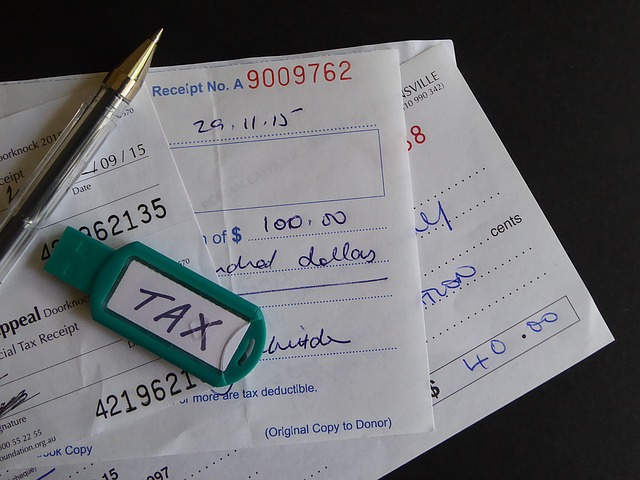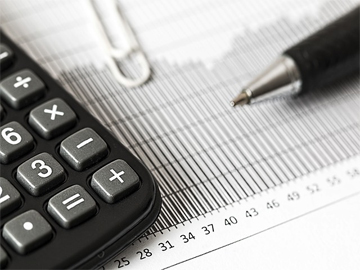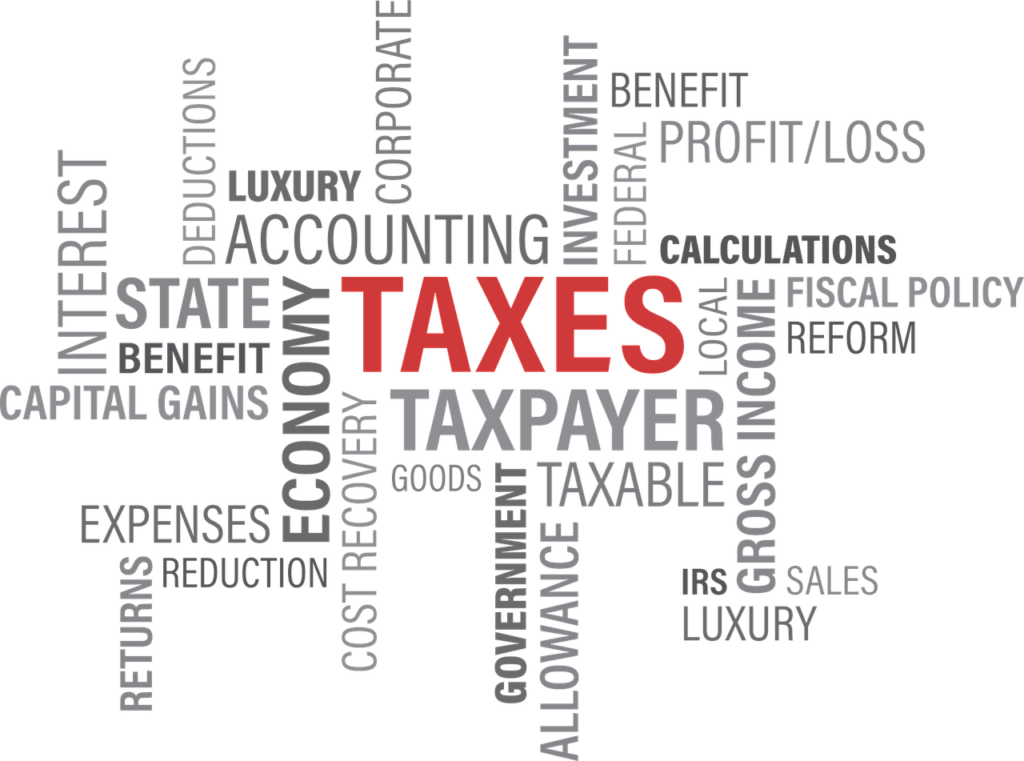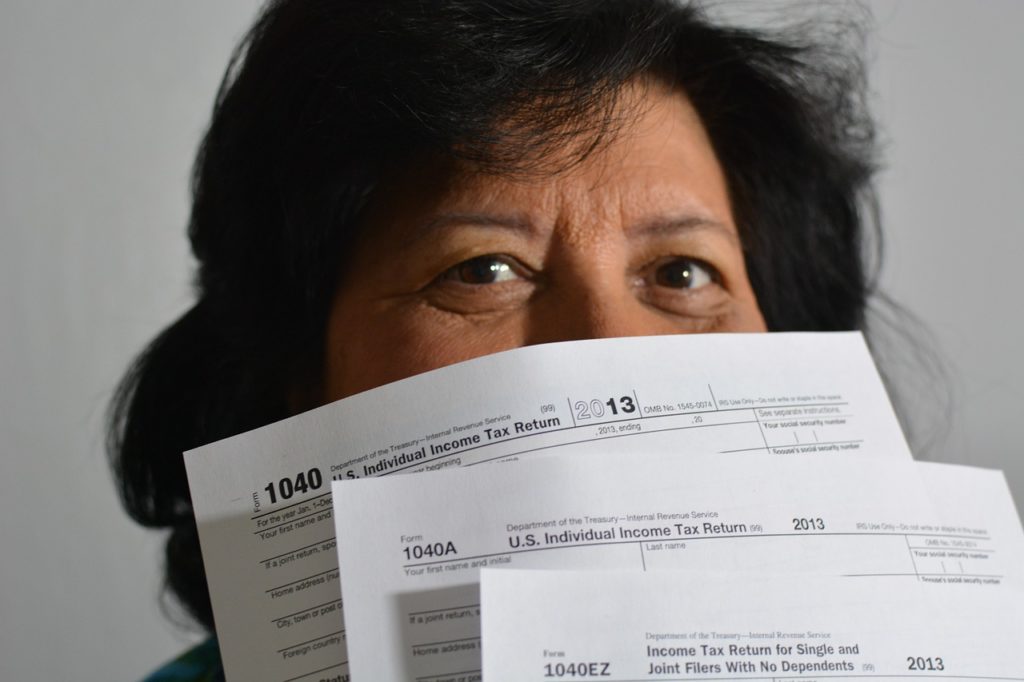The powers that be have historically written sections into the tax code promoting business activities. One of the traditional write-offs has always been the expenses associated with using a vehicle for business purposes.
The simplest automobile tax expense situation is one in which a vehicle is used entirely for business. For example, if you have a van used for a delivery service and nothing personal, all expenses associated with the van can be written off. This is known as the exclusive use situation. For many small businesses, however, a vehicle will be used for both personal and business reasons.
Where you use a vehicle for both personal and business reasons, you can only deduct the automobile expenses associated with the business use. Keep in mind that driving to and from work is not considered business mileage while driving from an office to meet a client is considered business mileage.
There are two methods for determining deductible automobile tax expenses. The first is a simple calculation known as the standard mileage deduction. The second is the actual expenses method. You can choose whichever deduction provides you with the biggest deduction unless you lease the car. With a lease, you must use the standard mileage deduction.
The standard mileage rate deduction is a calculation wherein you multiply your total business mileage for the year by a figure provided by the IRS. For the first eight months of 2005, the figure provided by the IRS is 40.5 cents per mile. For the last four months of 2005, the figure has been bumped up to 48.5 cents to reflect high gas prices.
The actual cost expense option is exactly what it sounds like. It is the actual cost associated with using the vehicle for tax purposes for a particular tax year. Automobile tax expenses will include gas, tires, repairs, oil changes, registration costs, licensing, insurance and so on. In many cases, the actual expense deduction will end up being larger than the standard mileage deduction.
Regardless of the method you choose, you must document the automobile tax expenses. This means keeping a mileage book and receipts of anything you intend to deduct.
At Peavy and Associates PC our mission is to assist you with all your tax preparations, payroll and accounting needs. We provide our clients with professional, personalized accounting services and guidance in a wide range of financial and business needs. Give us a call today and discover why our clients return to Peavy and Associates, PC year after year!











